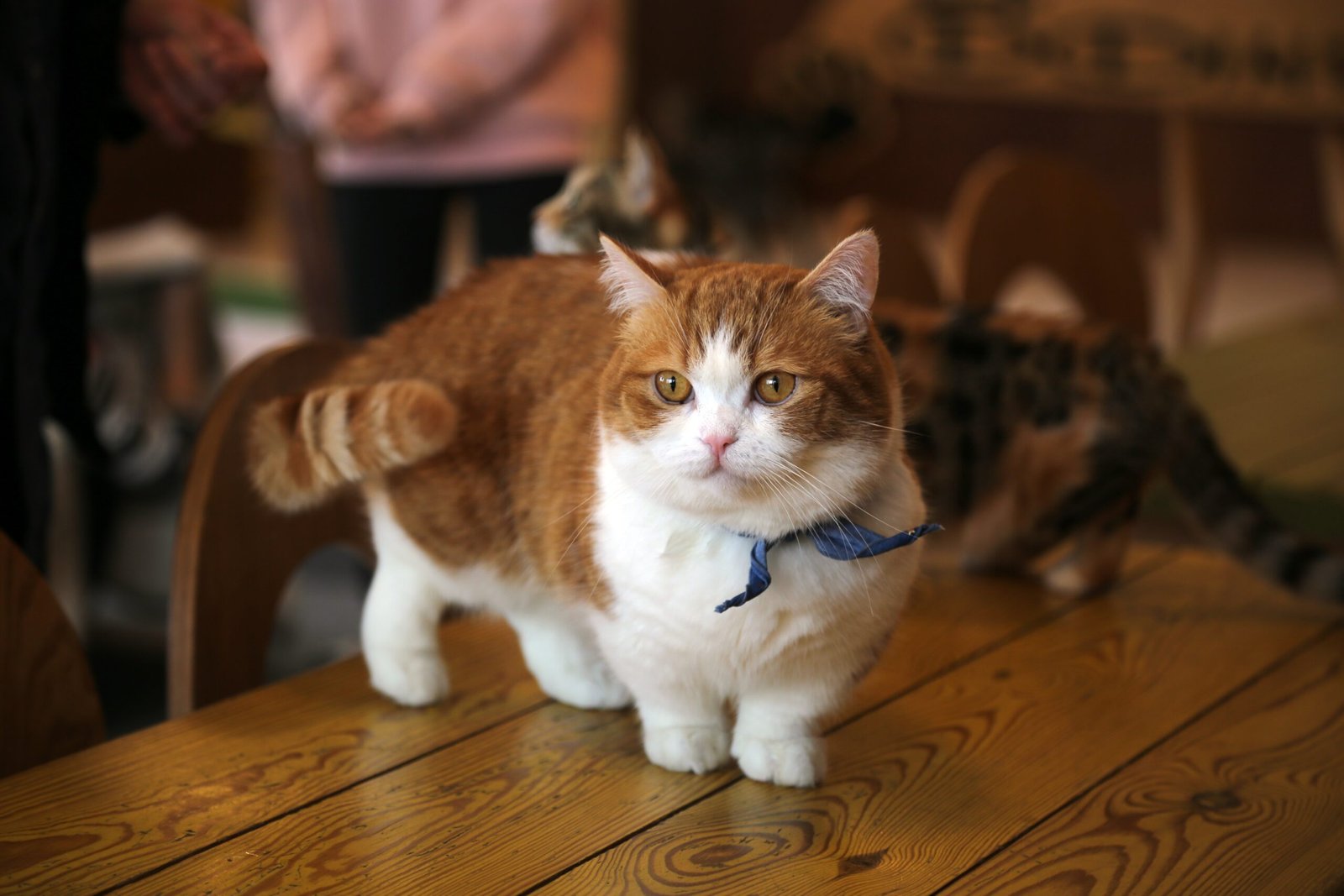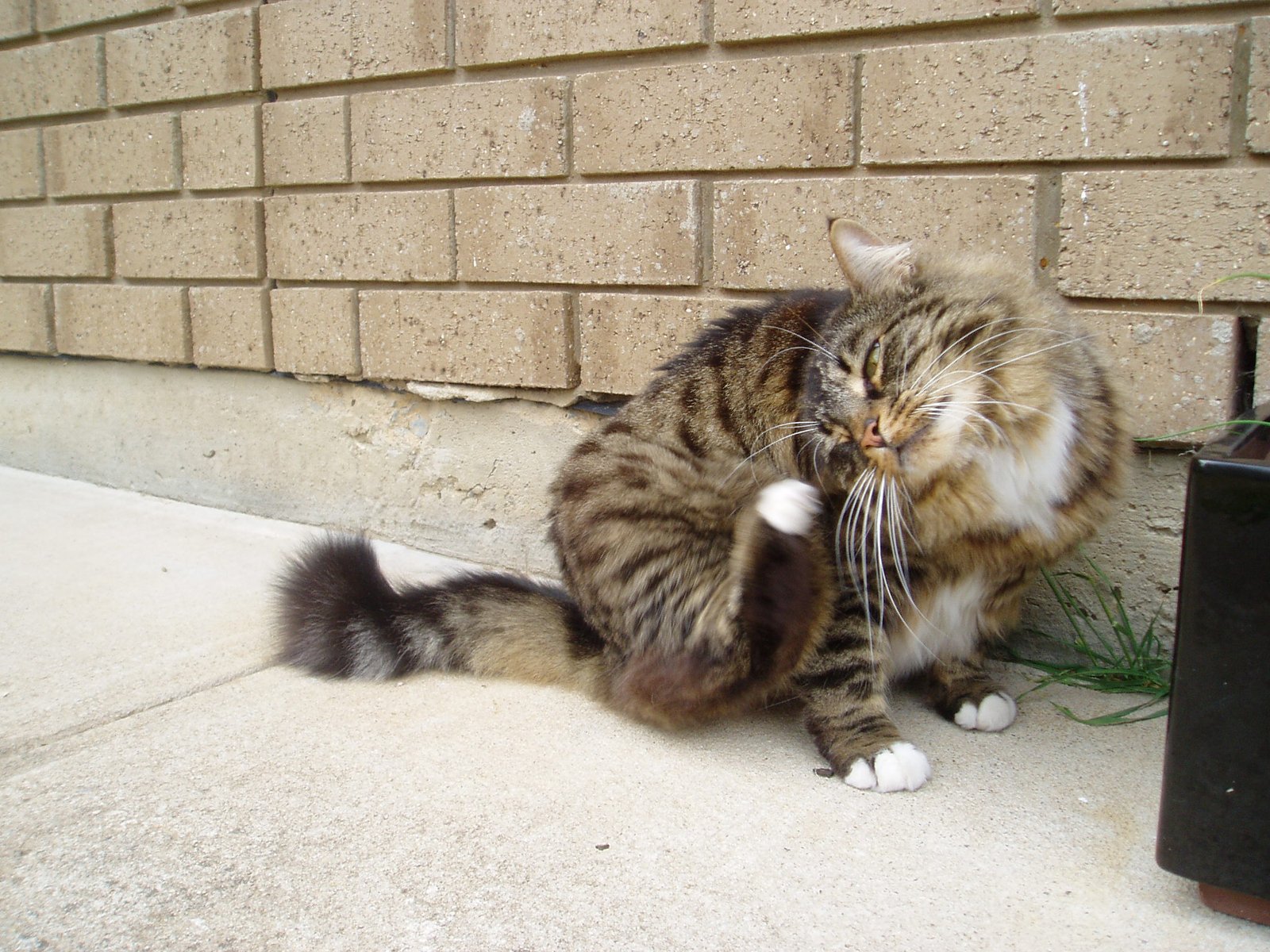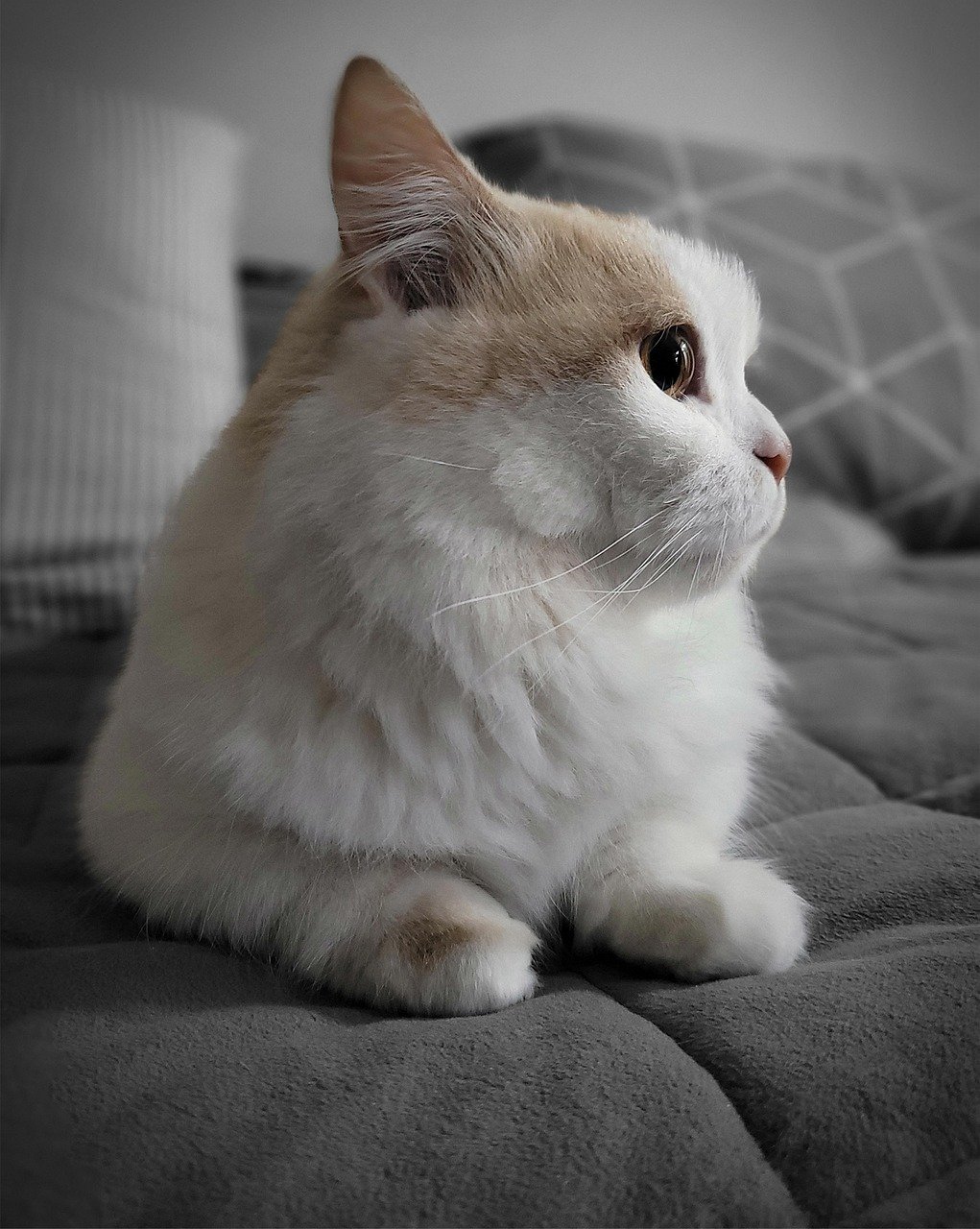Have you ever locked eyes with a Munchkin cat and felt your heart melt? With their short legs and playful personalities, these charming felines steal the spotlight wherever they go. But, as adorable as they are, owning a Munchkin cat comes with a unique set of responsibilities. Many cat lovers are instantly drawn to their cuteness, but few realize that these little creatures have special needs and vulnerabilities. If you’re lucky enough to call a Munchkin cat your companion, it’s crucial to avoid certain mistakes that could harm their health or happiness. Let’s dive into the ten things you should never do if you share your home with a Munchkin cat—and make sure your furry friend lives their best, happiest life!
Ignore Their Unique Physical Needs

With their adorable short legs and big personalities, Munchkin cats are undeniably charming—but don’t let their cuteness fool you. These compact kitties have unique needs and quirks that every owner should understand. While they’re agile, curious, and just as playful as their long-legged cousins, Munchkins require a little extra consideration when it comes to how they live and play.
Munchkin cats are famous for their short legs—a genetic trait that sets them apart from other breeds. While this gives them a cute, almost cartoon-like look, it also means their bodies work differently. Never assume your Munchkin can jump or climb like a regular cat. Expecting them to leap onto high counters or shelves can put unnecessary strain on their joints and spine. Instead, help them by providing ramps or steps so they can access their favorite spots safely. This small adjustment can make a huge difference in their comfort and mobility. Remember, their short legs don’t make them less capable—they just need a little extra help from you!
Let Them Become Overweight
It might seem harmless to spoil your Munchkin with treats or extra portions, especially when they give you those pleading eyes. However, due to their unique body structure, carrying extra weight can cause significant health issues for Munchkin cats. Their short legs are not built to support a heavy body, making them more prone to joint pain and mobility problems. Never overlook your cat’s weight or ignore signs of obesity. Instead, stick to a balanced diet and encourage gentle playtime to keep them fit. Think of your Munchkin’s legs as delicate springs—too much weight, and they’ll lose their bounce!
Neglect Regular Vet Check-Ups
Skipping vet visits is a big mistake for any pet owner, but it’s especially risky for Munchkin cats. Their unique build can make them susceptible to certain health conditions, such as spinal issues and arthritis. Regular check-ups help catch problems early before they become serious or painful. Never assume that just because your Munchkin cat seems healthy, they don’t need to see the vet. Make routine visits a priority and always discuss any changes in movement, appetite, or behavior with your veterinarian. Your vigilance can add years of happiness to your cat’s life.
Allow Unsupervised Outdoor Access

Munchkin cats are curious explorers, but letting them roam freely outdoors can be dangerous. Their short legs make them slower and less agile, which means they’re more vulnerable to predators, cars, and other hazards. Never open the door and let your Munchkin cat wander off alone. Instead, create a safe outdoor space, like a catio or a secure yard, where they can enjoy fresh air without the risks. Alternatively, consider training them to walk on a harness for supervised adventures. Keeping your Munchkin cat indoors or safely contained is an act of love, not restriction.
Use Furniture That’s Too High
Have you ever watched a Munchkin cat try to climb a tall sofa or leap onto a high bed? It can be both adorable and a little heartbreaking. Their short legs make scaling heights a real challenge, and repeated jumps can lead to injuries. Never expect your Munchkin to reach the same places as longer-legged cats. Instead, choose furniture with lower heights or add pet stairs and ramps around your home. This small change can prevent strains and falls, making your home more accessible and comfortable for your little companion.
Force Rough or High-Impact Play
While Munchkin cats are energetic and playful, their bodies aren’t designed for roughhousing or high-impact games. Never toss them into the air, encourage jumping from high places, or play aggressively. Such activities can easily lead to joint injuries or even harm their spine. Instead, engage your Munchkin in gentle games like feather wands, rolling balls, or puzzle toys that let them chase and pounce at their own pace. Always watch for signs of fatigue or discomfort during playtime, and know when it’s time to let your cat rest.
Overlook Litter Box Accessibility

Litter box placement might seem trivial, but for a Munchkin cat, it’s a big deal. Their short legs can make climbing in and out of tall-sided boxes difficult, leading to accidents or even avoidance. Never use a litter box with steep sides or place it in a hard-to-reach location. Opt for a low-entry box and keep it in a spot that’s easy for your cat to access. Just imagine having to climb a mountain every time nature calls—your Munchkin deserves better!
Forget Mental Stimulation
Despite their stature, Munchkin cats are clever and curious. If you leave them bored or unstimulated, they can develop behavioral issues or become depressed. Never underestimate the importance of mental enrichment. Offer a variety of toys, scratching posts, and interactive games to keep their minds busy. Rotate toys regularly and spend quality time engaging with your cat. Their tiny legs may not take them far, but their minds love to explore!
Leave Them Alone for Too Long
Munchkin cats form strong bonds with their humans and can easily get lonely if left alone for extended periods. Never ignore their need for companionship. If you work long hours or travel often, consider adopting another friendly cat or arranging for a pet sitter to check in. Your Munchkin thrives on attention and affection. A lonely cat is a sad cat, and no one wants their furry friend to feel neglected.
Ignore Signs of Discomfort or Pain
Because Munchkin cats are prone to joint and spinal issues, it’s vital to watch for any signs of pain or discomfort. Never dismiss subtle changes like limping, reluctance to move, or hiding. These can be early warnings of serious health problems. Trust your instincts—if something seems off, consult your vet right away. Your attention and care can make the difference between a minor issue and a lifelong problem.
What surprised you most about caring for these adorable, short-legged companions?





